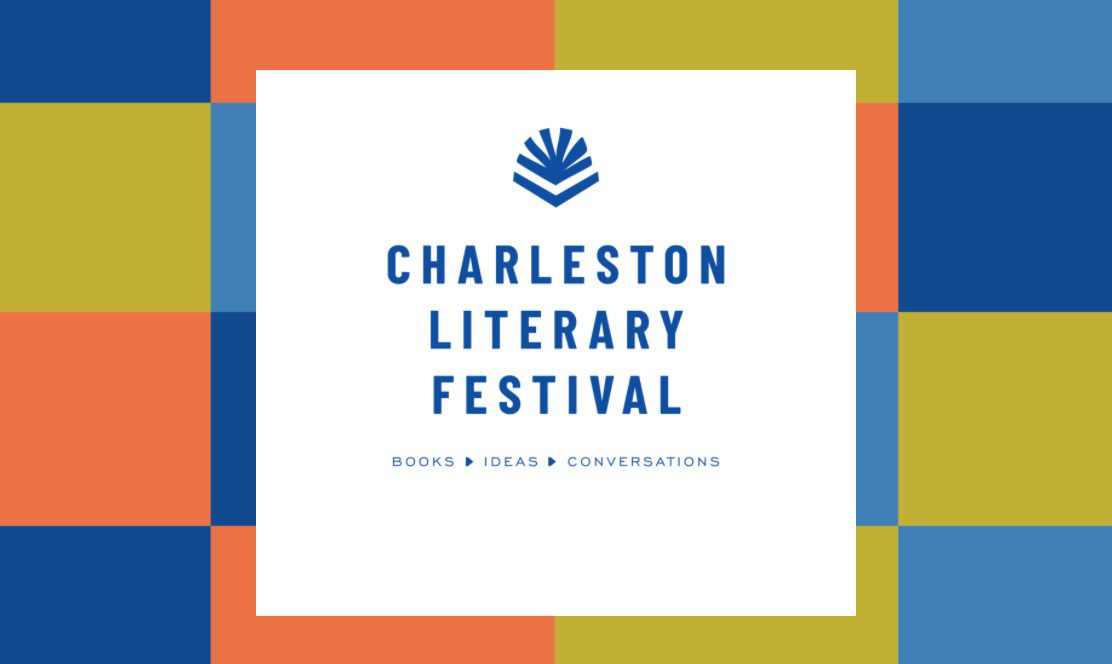The 2021 Charleston Literary Festival (previously known as Charleston to Charleston) will take place November 5 – 14, featuring both virtual and in-person programs and a wide variety of noted authors, thinkers, and speakers. This programming was supported with funding from a Growth Grant from South Carolina Humanities. Funding for the Growth Grants has been provided by the National Endowment for the Humanities (NEH) as part of the American Rescue Plan Act of 2021.
The Charleston Literary Festival was founded in 2017 as a result of an Anglo-American collaboration between the historic Charleston Library Society in the US and the Charleston Trust in the UK – the former rural meeting place of the renowned Bloomsbury Group of writers, artists and intellectuals. The Charleston Literary Festival is now an independent, not-for-profit 501(c)3 enterprise which retains a strong transatlantic dimension. Since its first appearance in 2017, the Festival has established a reputation for presenting exceptional speakers from diverse backgrounds in intimate contexts: Pulitzer, Booker and Nobel prize-winners, regularly cited in books-of-the-year lists.
The 2021 Charleston Literary Festival has a stellar lineup of speakers and programs, including Yaa Gyasi, George Saunders, Colm Toibin, Lauren Groff, Bernard Cornwell, and many more. The full schedule of speakers and events is available on the website: https://www.charlestonliteraryfestival.com.
Board Member Carol Sanford said that these ARP funds would be meaningful because, “[Charleston Literary Festival’s] goal is to emerge from the current pandemic with a more vibrant business model that will allow us to grow and prosper in a post-pandemic world that will be quite different from the environment in which we and other arts and humanities organizations operated prior to 2020.”
The mission of SC Humanities is to enrich the cultural and intellectual lives of all South Carolinians. Established in 1973, this 501(c) 3 organization is governed by a volunteer 21-member Board of Directors comprised of community leaders from throughout the state. It presents and/or supports literary initiatives, lectures, exhibits, festivals, publications, oral history projects, videos and other humanities-based experiences that directly or indirectly reach more than 250,000 citizens annually.
